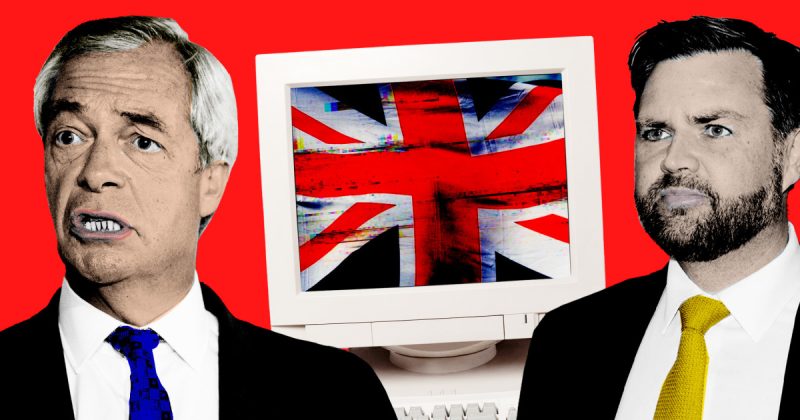
A new British law requiring age verification for online content has sparked a heated debate, with US politicians and tech companies raising concerns about its impact on free speech and American businesses. The Online Safety Act, implemented in July 2025, aims to protect children from harmful online material. However, its broad scope has led to unexpected consequences, including restrictions on access to subreddits discussing topics like smoking cessation and sexual health, prompting a significant backlash in the UK and abroad.
The law’s requirements extend beyond pornography to encompass content related to bullying, violence, and harmful substances. This has resulted in age-gating on platforms like Spotify and Xbox, surprising many British users. To circumvent these restrictions, the use of VPNs has surged. The sweeping nature of the legislation has also alarmed US politicians, who fear it sets a dangerous precedent and infringes upon the First Amendment rights of American companies operating in the UK.
Leading the charge is a bipartisan group of US Congress members who recently visited London to express their concerns. Vice President JD Vance has been a vocal critic, warning against online censorship. House Judiciary Chairman Jim Jordan echoed these sentiments, stating that the law creates a chilling effect on free expression. These concerns extend to prominent figures in the tech world, with reports suggesting that venture capitalist Marc Andreessen contacted UK leaders to voice his opposition, although this has been denied by his spokesperson.
The potential ramifications are substantial. Non-compliant companies face fines up to 10% of their global revenue. Ofcom, the UK’s communications regulator, has a broad interpretation of the law’s reach, intending to apply it to services with a significant UK user base, regardless of their location. While the law enjoys considerable public support within the UK, concerns remain about its effectiveness in preventing minors from accessing harmful content.
The debate extends beyond the US and UK governments. The UK’s far-right Reform UK party is advocating for the law’s repeal, calling it state suppression of free speech. Nigel Farage, the party’s leader, engaged in heated discussions with visiting US Congress members, further highlighting the international implications of this legislation. Most US-based tech companies are complying, implementing age verification measures, although some, like the far-right social media platform Gab, have chosen to block UK access entirely.
Legal challenges are anticipated, with a US lawyer announcing plans to file a lawsuit to contest the law’s extraterritorial application. The issue has also been raised in discussions between the US and UK governments, with the UK government firmly rejecting calls to amend the legislation. American privacy advocates express similar concerns, worried that this could be a precursor to similar age verification laws in the US. The debate highlights the complex intersection of online safety, free speech, and international regulatory power in the digital age.
This ongoing conflict underscores the challenges of balancing online safety with the preservation of free expression in a globalized digital landscape. The UK’s Online Safety Act, while intended to protect children, has sparked a significant transatlantic debate with far-reaching implications for both governments and tech companies alike.










